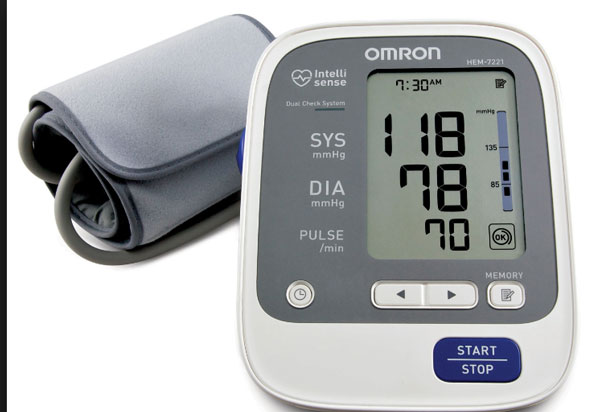
Washington, United States | AFP | People who received regular lifestyle counseling online were able to lower their blood pressure as much as a medication would, researchers said Saturday.
Their study involved 264 people with high blood pressure and an average age of 58.
The subjects’ average blood pressure began at around 140/90 mmHg, meaning they had what is clinically known as stage 1 hypertension.
Most were already taking at least one drug to cut their blood pressure.
Patients enrolled through the website of the Heart and Stroke Association of Canada and were randomly assigned to either an e-counseling group or a control group.
Both groups received emails during the year-long trial, first weekly, then monthly.
Those in the e-counseling group were “provided links to online multimedia and interactive tools to increase motivation and skills to begin and sustain a heart-healthy lifestyle,” the study said.
“These included video clips featuring characters discussing their own high blood pressure diagnosis and efforts to make lifestyle changes, as well as tools for tracking diet and level of physical activity.”
The control group saw more generic information about heart-healthy living.
By the end of the study period, the more engaging online content seemed to have had an effect, and patients in that group reduced their systolic blood pressure — the higher number in a blood-pressure reading — by 10 millimeters of mercury (mmHg).
That was a statistically significant difference compared to the control group, which saw a 6 mmHg reduction.
“The electronic counseling intervention had an effect similar to that of adding an additional blood-pressure-lowering medication,” said lead study author Robert Nolan, associate professor at the University of Toronto.
“We think this lifestyle counseling intervention can complement and optimize the effectiveness of medical therapy to reduce high blood pressure.”
The study was released at American College of Cardiology’s annual meeting in Washington.
 The Independent Uganda: You get the Truth we Pay the Price
The Independent Uganda: You get the Truth we Pay the Price





